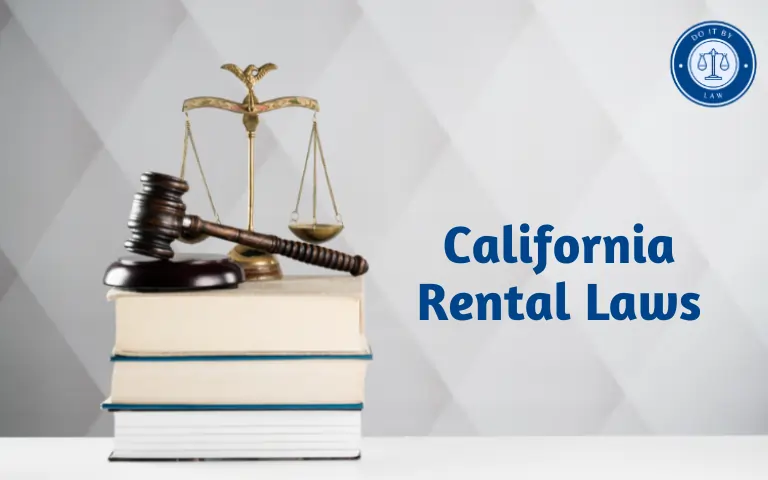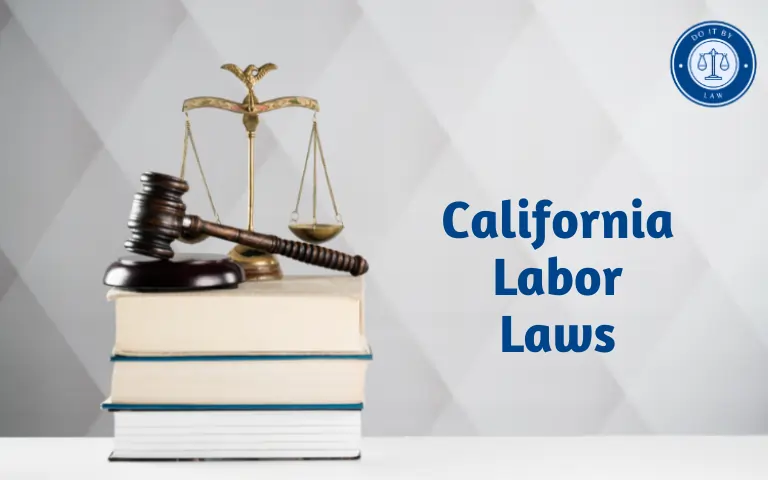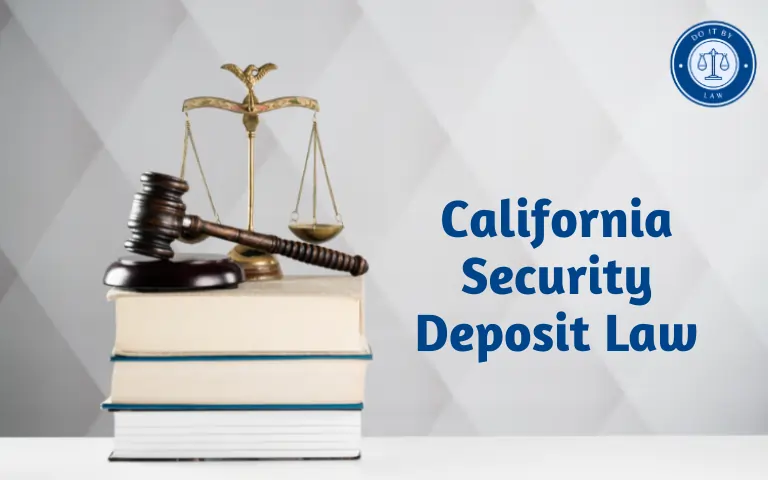California Rental Laws: What You Need to Know
California maintains extensive regulations shaping rights, responsibilities, and remedies between landlords and tenants in one of the nation’s most active California Rental Laws housing markets. Core rules cover security deposits, disclosures, discrimination, repairs, rent control, evictions, and more across over 14 million occupied rentals statewide. This article summarizes key aspects for renters and property owners.
California state first enacted modern tenant protections in the 1970s by prohibiting retaliation for complaining and requiring a habitability warranty on all residential units. Major landmarks since include implied warranty of habitability in 1979, anti-discrimination updates in the 80s and 90s, and recent statewide rent caps and eviction constraints.
Who Do California Rental Laws Apply To?
California rental regulations govern most landlords and tenants in standard housing scenarios like apartments, houses, condos, duplexes, mobile homes, and other private market-rate residential premises. Exemptions exist for hotels, commercial spaces, illegal dwellings, campus housing, and temporary arrangements.
Rules vary slightly between cities but a statewide framework overrides local differences in areas like discrimination, disclosures, and court proceedings. Landlords leasing any residential property must comply with both state statutes and local municipal codes.
Key Provisions of California Rental Laws
While nuances abound in this complex legal field spanning property rights, zoning limitations, contractual agreements, and consumer welfare, several core protections and obligations stand out for both tenant and landlord parties when signing California lease agreements.
Tenant Rights
- Warranty of habitability guaranteeing safe, livable, and sanitary dwellings following building, health, and safety codes
- Strict limits on allowable fees and security deposits
- Strong anti-discrimination rules when approving applications
- Privacy and access notifications before entering
- Prohibitions on retaliation for complaining
- Local rent control protections against excessive increases
- Just cause is required for any evictions once occupancy established
- Reasonable accommodation requirements for disabilities
Landlord Rights
- Ability to collect security deposits and credit checks per legal guidelines
- Grounds to deny applicants based on legitimate business reasons like criminal history or income verification
- Appropriate notice procedures to enter, inspect, show, or improve premises
- Assurance of rental payments arriving on schedule
- Ability to dictate reasonable rules around pets, guests, and smoking that tenants must follow
- Legal basis to regain property after lease termination
Shared Key Obligations
- Documentation like signed leases, condition checklists, rent receipts, and termination notices
- Following federal and state anti-discrimination standards based on race, gender, religion, national origin, family status, source of income, disability, or other protected classes
- Maintaining premises warranty through necessary repairs of defective conditions
- Returning or accounting for security deposits with appropriate deductions for damages
Penalties for Violating California Rental Laws
- Substantial financial, civil, and even criminal penalties apply to both landlords and tenants willfully or negligently violating California rental housing laws. Key areas regulated by state Tenant-Landlord codes with steep fines include security deposits, retaliation, discrimination, and disclosures. Local San Diego penalties for failing to obtain licenses for legal rentals can accrue $250k+ per dwelling unit.
- Additionally, significant liability opens around tenant harassment claims if landlords utilize constructive eviction tactics, breach habitability warranty repeatedly, or improperly reveal confidential tenant information. Renters face penalties like immediate lease termination without recourse or eviction judgments on their records when caught severely damaging units, conducting criminal activities, or refusing to vacate after notices expire.
- In severe fraud cases, felony charges also apply on either side, especially related to discriminatory housing claims. Jail time has resulted from egregious harassment, unauthorized lockouts by owners, and certifiable death threats from tenants for example. Both parties must tread carefully within the intricate parameters of California rental rules.
Recent Changes and Proposed Amendments
Responding to soaring housing costs and displacement pressures across urban centers, California enacted noteworthy statewide restrictions on two landlord tools in 2019 after lengthy political battles:
Rent Control Expansion
The Tenant Protection Act placed an annual ceiling for allowable rent increases tied to inflation on units more than 15 years old. Went into effect in 2020 limiting most raises to around 10% rather than the common 20-50% spikes pricing out longtime tenants. Exempts single-family homes and newer buildings. Faces ongoing legal challenges and calls for stricter caps from tenant advocates.
Just Cause Eviction
Required landlords prove valid ground causes like lease violations, property damage, habitability repairs, or permanent demolition plans to remove tenants once occupancy is established. Effectively barred no-fault evictions used to raise rents freely between tenancies. Intended to provide tenant stability. Landlord groups continue pushing back on constraints to property rights and income potential.
Additionally, Mayor Todd Gloria recently signed a San Diego ordinance banning discrimination against applicants holding government rental subsidies. Debate continues what future reforms may cover at the state level and in major cities as home values and rents reboot from the pandemic dips into fresh acceleration.
California Rental Laws Key Controversies, Debates and Challenges
Evolving challenges around security deposits, animal accommodations, ordinance awareness, and housing availability feed continuous disputes between owner and renter interests:
Security Deposits
Concerns persist over unlawful forfeiture of tenant deposits without adequate damages documentation or failure to pay legally mandated interest. However, landlord groups cite arduous accounting rules, pet damages, summer waits, and tenant damages as equally problematic.
Assistance Animals
Questions around validating necessity versus fraudulent exploitation of disability protections to force acceptance of destructive pets. Also confusion on emerging emotional support vs traditional service animal standards.
Informing Tenants
Low awareness around allowable exactions persists among renters distinct from standard practices followed for decades. Common code violations get identified only upon complaint rather than proactive education.
Inventory Shortages
Historic deficits in affordable housing, especially in desirable coastal cities, generate ‘take it or leave it’ dynamics that place tenants at marked disadvantages in negotiations and accountability discussions around maintenance, fees, or lease terms.
Overall the broad framework balances property rights, contractual expectations, and consumer welfare relatively well in most common scenarios. But edge cases exploiting gray areas or outright schemes to maximize profits fuel continuous debate. And enforcement capacity struggles to catch up with rule expansions.
California Rental Laws Conclusion & Key Takeaways
Modern landlord-tenant relations in California’s diverse rental housing landscape feature intricate regulations around security, habitability, modifications, discrimination, disability access, and much more. Key takeaways include:
- Numerous specific rights and obligations codified for both rental parties
- Strict penalties prescribed for violations under Tenant-Landlord statutes
- Recent expansions on allowable rent increases and eviction rules
- Persistent disputes around security deposit handling and animal accommodations
- The heaviest burdens fall on lease signers to understand key provisions
Hopefully, this overview provides helpful orientation on critical rental housing issues that all California tenants and landlords should review closely when entering lease agreements. Having clear signed documentation and following best practices goes a long way to prevent conflicts. But legal complexities ensure lively legislative battles and courtroom sagas will continue evolving housing regulations across the state.







